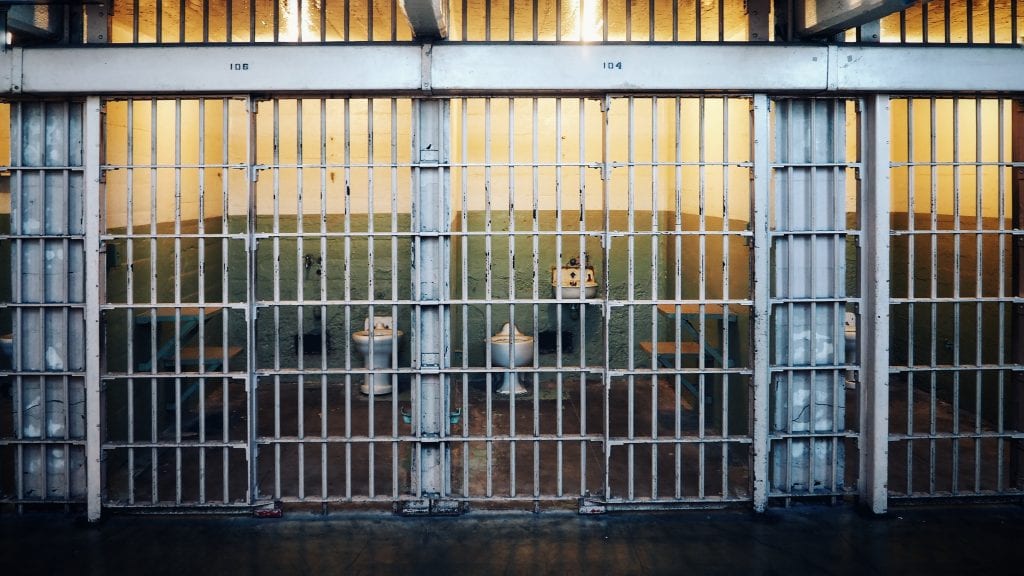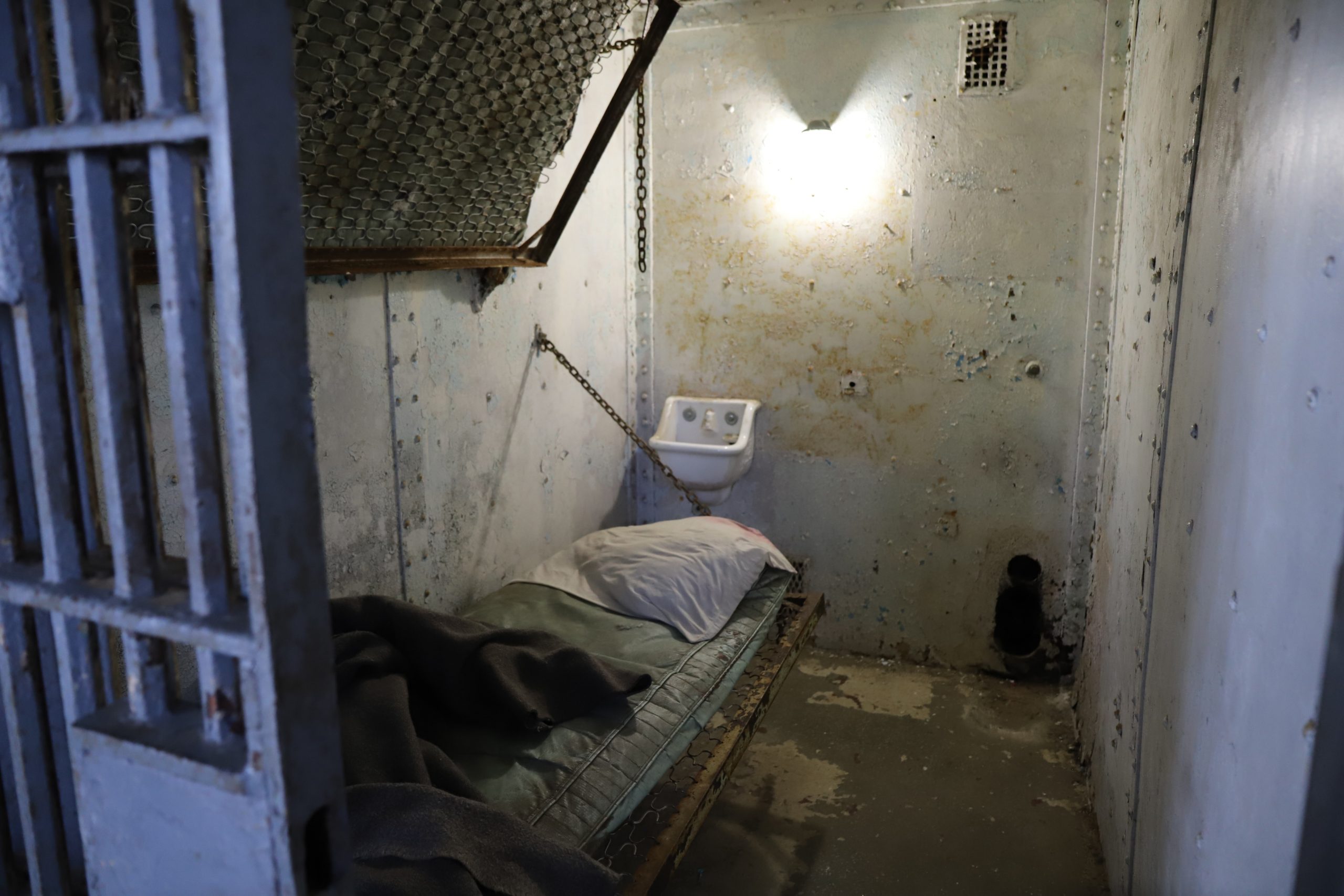Sometimes, when police arrest someone, they cut them off from a drug they rely on. Maybe they committed a crime to help fund their heroin addiction. Or maybe they’ve been abusing prescription drugs, and the abuse led to a fatal car crash. When someone gets cut off from a drug when police pick them up, they are stuck detoxing in prison. And, most of the time, prisons aren’t ready to handle these serious medical situations.
What is it like to detox in prison or jail?
A couple years ago, VICE published a piece called What It’s Like to Detox in Prison. The piece highlighted the story of Beth Thompson. Thompson is a woman with a heroin addiction who was forced to detox in a Texas jail. “I was on the floor in a ball, throwing up,” Thompson recalled to VICE’s Elizabeth Brico.
Thompson said it took only 24 hours for withdrawal symptoms to set in. But she couldn’t get any kind of medication before processing. Processing didn’t happen for three full days. And, during that full three-day period, Thompson also had a crucial court appearance. “[A]n appearance,” Brico writes, “she barely got through without vomiting.”
Brico described Thompson’s court appearance in a harsh way. “Her body trembled and ached as she tottered into the small hearing room, she says, her jaw set so hard it burned.” Thompson “was trying to hold back the bile bubbling up her throat,” was anxious and couldn’t get heroin out of her mind.
Thompson’s story is as heartbreaking as it is common.
Are prisons and jails able to handle a detox?
Not really. As NPR reports, “America’s county jails are struggling to adjust to an opioid health crisis….” This crisis “has turned many of the jails into their area’s largest drug treatment centers.” More recently, some jails have started adding medication-assisted treatment. This treatment helps incarcerated people safely detox. But the reality is that this treatment is rare.
According to Slate, studies that show that at least a quarter of the people in U.S. prisons have opioid addictions. This is because between a quarter and one-third of heroin users enter these facilities every year. Unfortunately, as of 2018, “[o]nly five detention centers in the United States currently induct people into medication-assisted treatment for opioid addiction,” Brico reported.

Are prison and jail officials doing anything to fix the situation?
Some officials are trying. As the Slate piece explains, jails in states hardest hit by opioids are trying to expand medical treatment. Examples include Ohio, Kentucky, West Virginia, Rhode Island and Massachusetts. Experts consider this the “most effective method of treating opioid use disorder.”
The National Sheriffs’ Association has also published a guide to jail-based medication-assisted treatment.
But, as Carlos Morales told Slate, the situation is a matter of life and death. “Dead addicts don’t recover.” Morales is the Director of Correctional Health Services for California’s San Mateo County.
The Takeaway:
It’s important to know that prisons and jails generally don’t handle detoxing well. Some officials are working hard to make improvements. But it was just three years ago when only five U.S. facilities had medication-assisted treatment.






